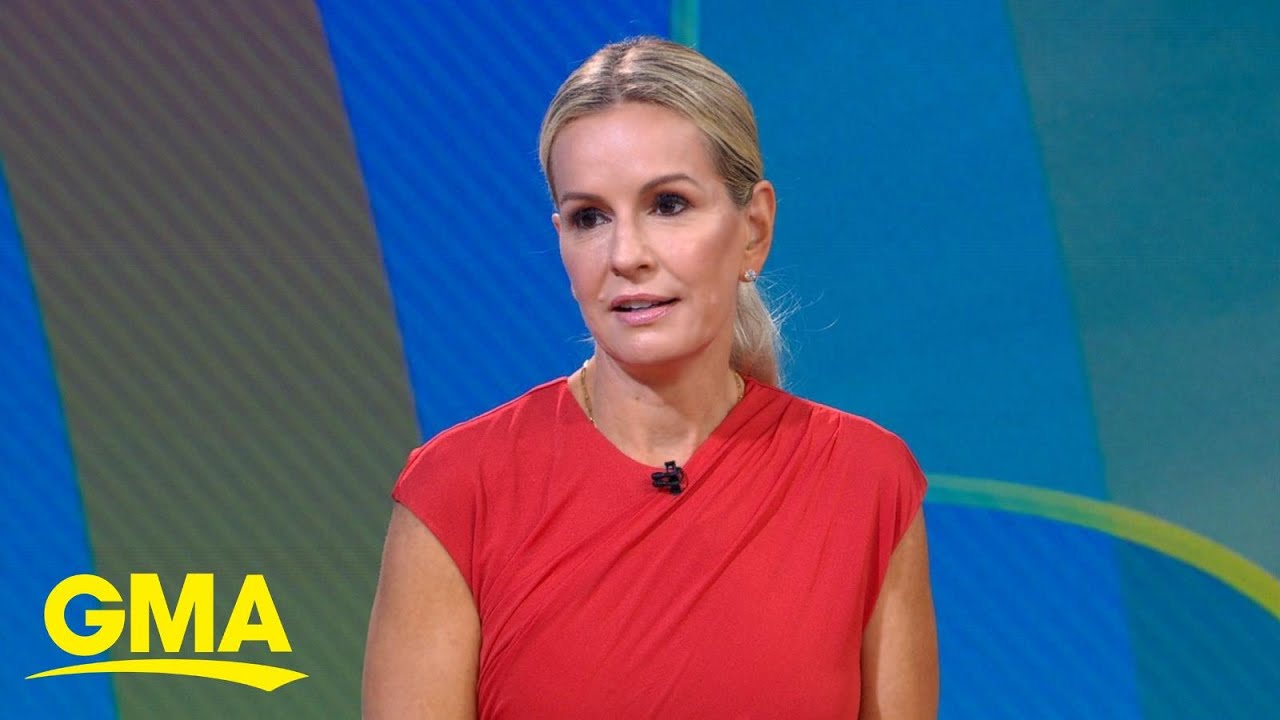Is Tap Water Safe in Rhode Island?
Rhode Island is known for its commitment to providing safe and clean water to its residents. The state has implemented several measures to ensure the quality of tap water. However, concerns about water safety are prevalent nationwide, prompting many residents to question the safety of consuming tap water in Rhode Island. In this article, we will delve into the topic and explore the processes, standards, and initiatives in place to ensure the safety of tap water in the state.
Understanding Rhode Island’s Water System
Rhode Island’s water system consists of both surface water and groundwater sources. The state primarily relies on surface water from reservoirs, lakes, and rivers, with the Scituate Reservoir being the largest source. Additionally, groundwater is accessed through wells. These diverse sources help ensure a plentiful water supply for the state’s residents.
Regulatory Standards for Drinking Water
The Rhode Island Department of Health (RIDOH) is responsible for regulating and monitoring the quality of tap water in the state. The department closely follows the guidelines set by the U.S. Environmental Protection Agency (EPA). The EPA has established the Safe Drinking Water Act, which sets the maximum allowable levels of various contaminants in tap water, ensuring that the water supplied to households is safe for consumption.
Water Treatment Processes in Rhode Island
Before tap water reaches households, it undergoes a series of treatment processes. The treatment process includes coagulation, sedimentation, filtration, and disinfection. Coagulation involves adding chemicals to the water to help remove impurities, while sedimentation allows the larger particles to settle at the bottom. Filtration removes remaining particles, and disinfection utilizes chlorine or chloramines to kill bacteria and viruses.
Testing and Monitoring for Water Quality
Rhode Island has a rigorous testing and monitoring system in place to ensure the safety of tap water. Water suppliers are required to conduct regular tests to check for the presence of contaminants. These tests cover a wide range of parameters, including bacteria, chemicals, and heavy metals. The results are reported to the RIDOH and are made available to the public. If a test reveals a potential issue, immediate action is taken to rectify the problem.
Common Contaminants in Rhode Island’s Water
Although Rhode Island’s tap water is generally safe, there are some common contaminants that can be found. These contaminants include bacteria, such as E. coli, which can cause gastrointestinal illnesses, and chemicals like lead, which can leach into the water from plumbing fixtures. Other contaminants may include nitrates, pesticides, and industrial pollutants. However, it is important to note that these contaminants are typically found in very low concentrations and are well below levels that pose a significant health risk.
Risks and Health Effects of Contaminated Water
Consuming contaminated water can have adverse health effects. For instance, bacteria and viruses in water can lead to gastrointestinal illnesses, while exposure to high levels of lead can cause developmental issues, especially in young children. Prolonged exposure to certain chemicals in water may also increase the risk of certain cancers. However, it is worth reiterating that the concentration of these contaminants in Rhode Island’s tap water is generally within acceptable limits, minimizing the associated health risks.
Initiatives to Improve Water Quality in Rhode Island
To further improve water quality, Rhode Island has undertaken various initiatives. The state has invested in upgrading water treatment facilities and infrastructure, ensuring better filtration and disinfection processes. Additionally, the RIDOH works closely with water suppliers to identify and address potential issues promptly. Public education campaigns are also conducted to raise awareness about water quality and promote water conservation.
Steps to Ensure Safe Tap Water Consumption
While Rhode Island’s tap water is generally safe, residents can take additional steps to further ensure its safety. First, it is essential to maintain and regularly test private wells, especially in rural areas. Secondly, using a certified water filter can provide an added layer of protection against certain contaminants. Finally, practicing water conservation, such as fixing leaks and reducing water usage, can help in preserving the quality of overall water supply.
FAQs About Tap Water in Rhode Island
1. Is it safe to drink tap water in Rhode Island? Yes, Rhode Island’s tap water meets regulatory standards and is safe to drink.
2. Can I use tap water for cooking and brushing my teeth? Absolutely, tap water in Rhode Island is safe for all household uses, including cooking and oral hygiene.
3. Can I trust the test reports provided by water suppliers? Yes, the RIDOH ensures that water suppliers adhere to rigorous testing protocols, providing accurate and reliable test reports.
4. How often is the water tested in Rhode Island? Water suppliers are required to test the water regularly, with frequencies varying depending on the water source and previous testing results.
5. Should I be concerned about lead in tap water? While lead can be present in plumbing fixtures, Rhode Island’s water suppliers take measures to minimize lead exposure, making tap water safe for consumption.
Comparing Tap Water and Bottled Water
When comparing tap water and bottled water, it is important to note that Rhode Island’s tap water is subject to stricter testing and regulations compared to bottled water. Tap water is also more environmentally friendly, as it has a lower carbon footprint and reduces the consumption of single-use plastic bottles. Therefore, relying on tap water is not only safe but also a more sustainable choice.
Conclusion: The Safety of Tap Water in Rhode Island
Rhode Island’s tap water is considered safe for consumption due to the rigorous testing, treatment processes, and regulatory standards in place. While low levels of contaminants may still be present, they are generally within acceptable limits and pose minimal health risks. Residents can further ensure the safety of tap water by practicing water conservation, maintaining private wells, and using certified water filters. By continuing to invest in infrastructure and education, Rhode Island remains committed to providing safe and clean tap water to its residents.





